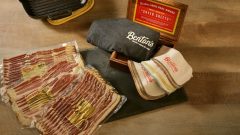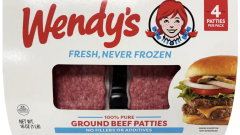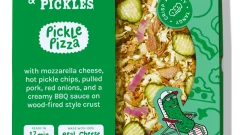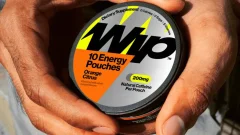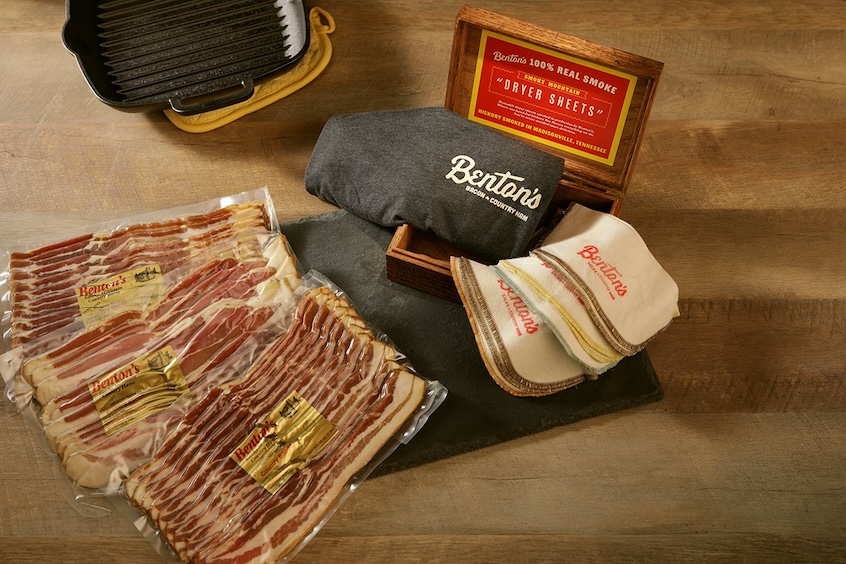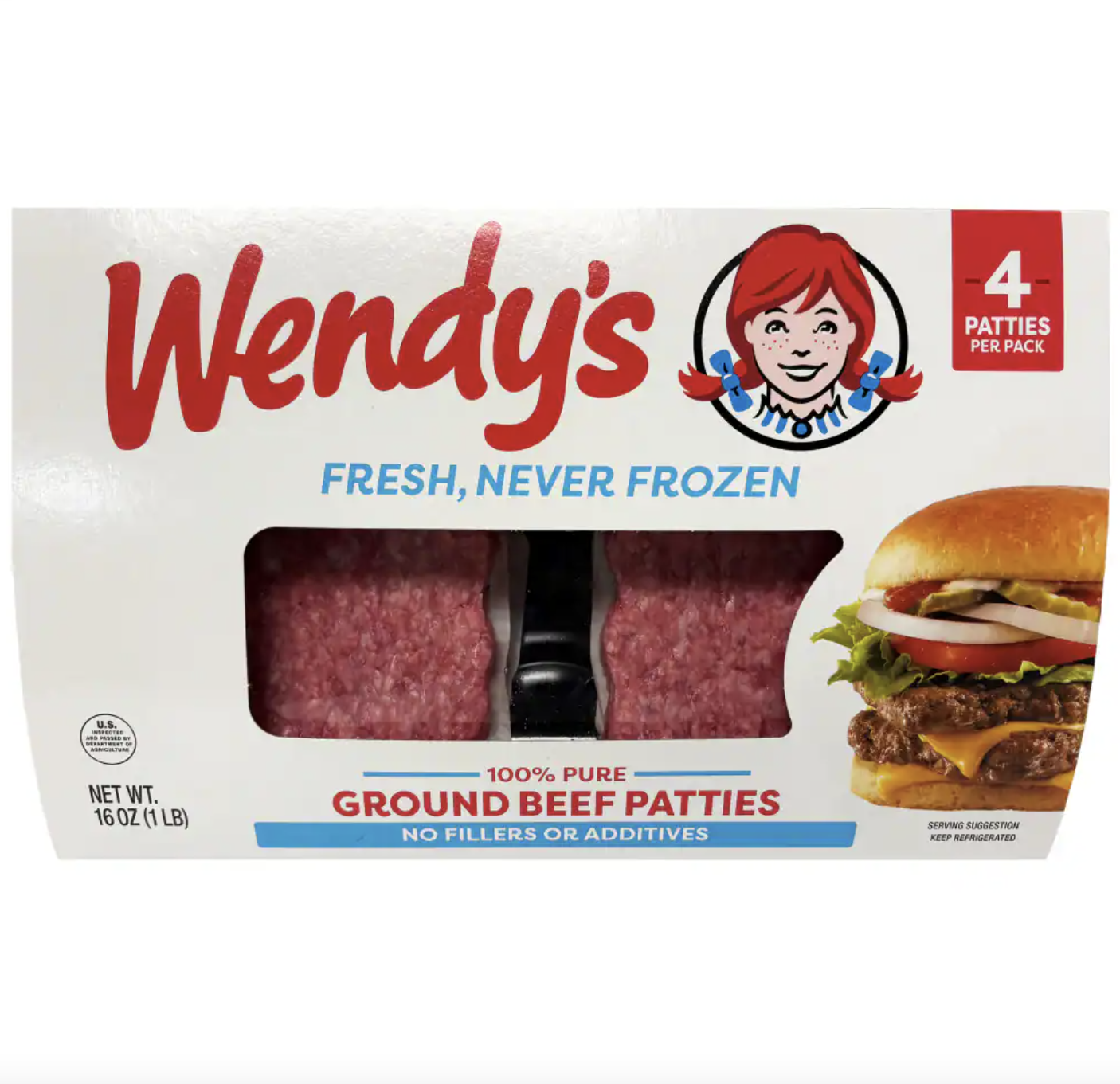‘Free Range Eggs’ Is A BS Marketing Term, This Undercover PETA Footage Proves That
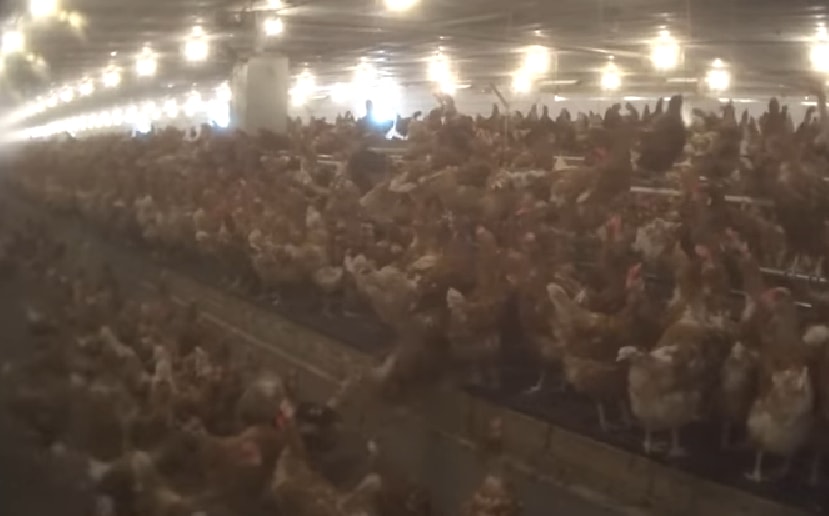
As animal cruelty issues have come to light, the food industry has responded by creating marketable terms that make their products sound more humane. “Free range eggs” is just one example of these terms, and while it sounds good for advertising, it may not be all it’s cracked up to be.
PETA recently went undercover at Nellie’s Free Range Eggs, named the top free-range egg brand by Forbes, to show what it means for your eggs to be “free range.” Nellie’s supplies their eggs to Costco, Whole Foods, Walmart, and other major grocers. PETA did not state which Nellie’s-owned farm was filmed as part of their project.
What’s shown here doesn’t fit the consumer image of “free range” too well. You’d probably think these hens have the ability to roam across acres of land, with plenty of space and indoor shelter as needed. Nellie’s restricted space and living conditions is clearly not that.
It may come as a shock, though, that from a legal standpoint, Nellie’s is following the letter of the law. Here’s the USDA’s definition of “free range eggs.”
For those eggs, we verify they are produced by hens that are not only housed in a way that allows for unlimited access to food and water and provides the freedom to roam within the area like cage-free hens but also gives the hens continuous access to the outdoors during their laying cycle.
Based on PETA’s footage, all of the above exist, even if the “access” to the outdoors is closed for most of the day and during the winter. The small hatches shown in the footage was described as merely “‘window-dressing'” by Dr. Holly Cheever, DVM, to PETA. She explained that the hatches allow the farm to be described as “‘cage-free’ and ‘free-range’ without any substantial improvement in the quality of the hens’ lives.”
The USDA’s definition isn’t even the most stringent that Nellie’s should be following. As a Certified Humane® egg producer, they also need to meet that organization’s definition for free range, which is as follows:
HFAC’s Certified Humane® “Free Range” requirement is 2 sq. ft. per bird. The hens must be outdoors, weather permitting (in some areas of the country, seasonal), and when they are outdoors they must be outdoors for at least 6 hours per day. All other standards must be met.
Nellie’s seems to fall a little bit short of the requirement here, with PETA reporting that the hens only had 1.2 square feet per bird. Former USDA veterinary inspector Dr. Lester Friedlander, BA, DVM, said in a statement that “1.2 square feet is to [sic] small for the chickens to roam freely.” However, hens had access to the outdoors (with the seasonal exception of winter) and access was given for about six hours per day. Thus, the farm fit within most requirements for the Certified Humane® tag, despite what consumers may think about the crowded interior and poorly treated chickens.
PETA’s undercover vid shows that “free range” isn’t the hen utopia we all think it is. If you’ve been paying a little extra for that label, what’s shown here may make you reconsider that choice.


